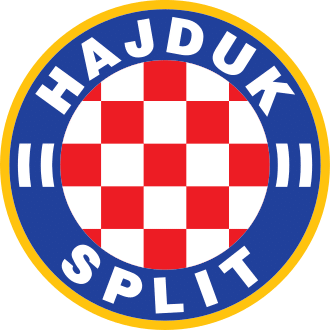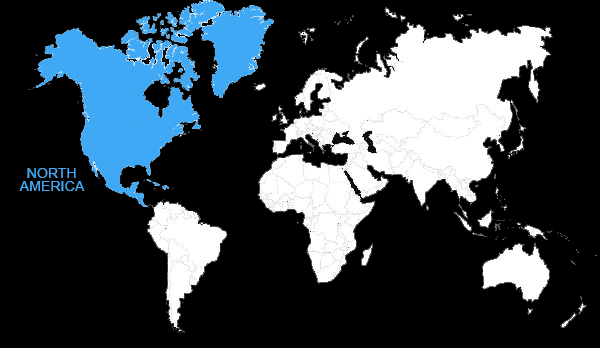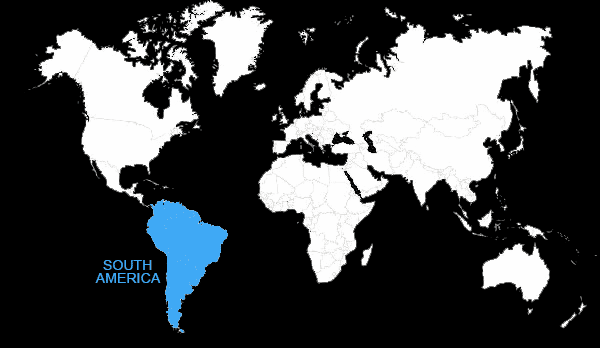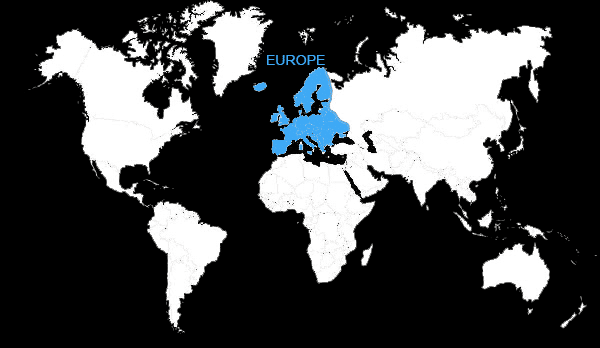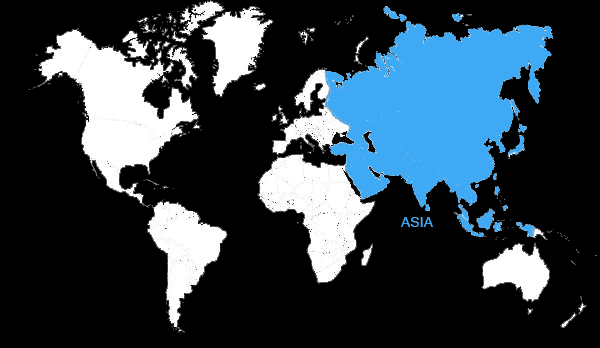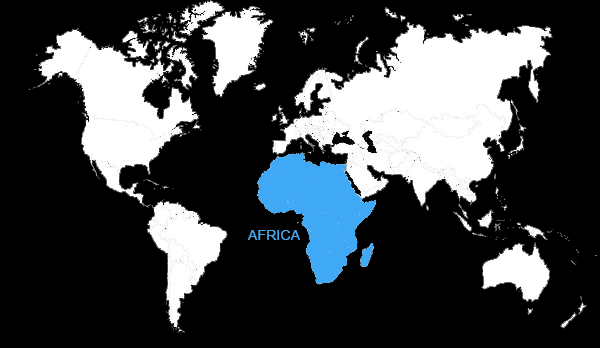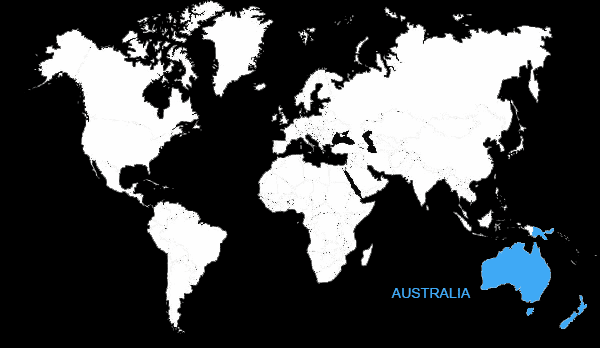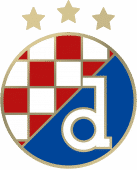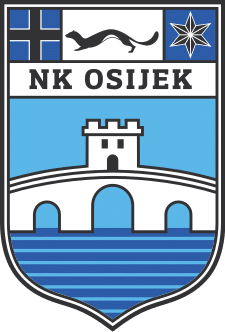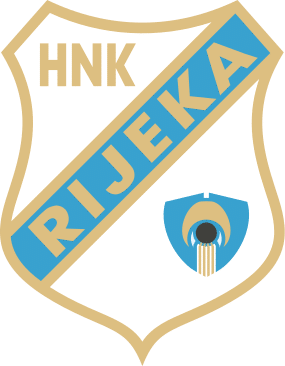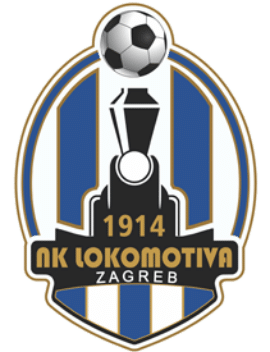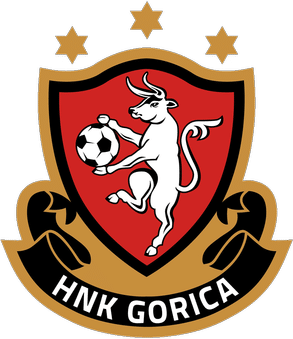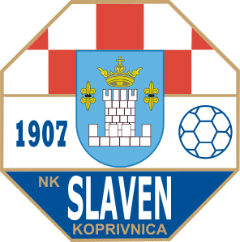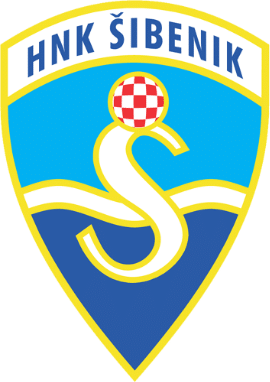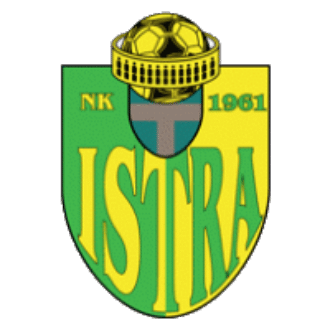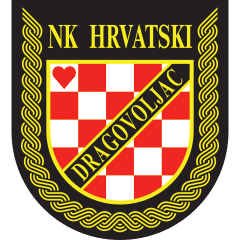HNK Hajduk Split Tryouts & Club Guide: History, Stadium, Players, and More!

Welcome!
Discover the world of soccer with fcscout.com, your go-to scout for club tryout information, club guides, player profiles, in-depth product reviews, and more. We’re dedicated to exploring and revealing the best in each domain, empowering you with knowledge to make informed choices.
Thank you for being here!
Hi, I’m Carlos! A coach, sports enthusiast, and the founder of FCScout.com.
I fell in love with the game at a very young age like many of you. I’ve been following and playing soccer for many years.
Throughout my career, I always enjoyed helping soccer players chase their dreams, which is why I started this website. I wanted to reach a larger audience outside of my local area and fcscout.com was born.
This website is a platform I will be using to update club pages on any tryouts, stadiums, players, tech, and more from clubs around the world. I also create free recruitment profiles for players looking to have that extra competitive edge when reaching out to clubs.
That’s it. That’s my pitch for you to stick around (or browse the site as you please).
This is already too much text for a “see more” drop-down button thing. If you want to reach out to me, head on over to my contact page 🙂

Hrvatski nogometni klub Hajduk Split, commonly referred to as Hajduk Split or simply Hajduk, is a Croatian professional football club based in Split, that competes in the Croatian First League, the top tier in Croatian football.
HNK Hajduk Split Youth Development System
HNK Hajduk Academy attaches great importance to the education and positive development of the personality of young football players. By entering the world of football, a young person faces many challenges and expectations. A team of experts from the Academy, consisting of pedagogues, psychologists, nutritionists, foreign language teachers, student volunteers and many external associates, takes care of easier and more successful adaptation to different everyday situations in the football world, but also in private life.

The work of the professional team of the Academy refers to:
- individual interviews with Academy students
- educational workshops of pedagogues and / or psychologists on various topics
- monitoring the success of the harmonization of sports and school obligations of the students of the Academy
- cooperation with parents at the individual level and through parent meetings
- learning English for students and employees of the Academy
- social activities (visits to cultural and educational institutions, volunteering)
- organizing lectures by visiting experts in the field of sports
The professional team of the Academy takes care of each student, works together with the student to define and instill values and, along with the coach as an important person in their lives, is a support in the development of each player. Development on the one hand includes fitness, technical, tactical and psychological segment related to sports performance, while on the other hand it includes the development of self-esteem, flexibility, self-image, life and communication skills, emotional intelligence and interpersonal relationships.

We consider the contribution to the development and construction of quality young people who will possess and live the right values and who as such will step into the world of adults to be the most important part of our work.
HNK Hajduk Split Recruitment Trials
At the time of this writing, there is no official publishing’s on HNK Hajduk Split trials. Please come back at a later date while we monitor this club or click here to visit their official news section.
EXPLORE MORE CLUBS!
Explore more professional clubs by continent.
HNK Hajduk Split History
Students from Split who were enrolled in universities in Prague were the ones who came up with the concept of forming a football club. Following the group’s attendance at a match between Slavia and Sparta Prague, they congregated at the U Flek tavern to discuss the formation of a football club back in their hometown.
Once they had returned to Split, they were able to put their plan into action, and on February 13, 1911, Hajduk was established. From the beginning of the 1920s through the 1940s, Hajduk was a consistent competitor in the national championship of the Kingdom of Yugoslavia.
After the end of World War II and the establishment of the Yugoslav league system in 1946, Hajduk continued to compete at the highest level throughout the entirety of the SFR Yugoslavia period. Following the dissolution of Yugoslavia, the club participated in the debut season of the Croatian First League in 1992.
Since they have never been demoted from the league’s highest division. However, a number of ex-Yugoslav clubs have lengthy stints in the top division dating back to the time when the SFR Yugoslavia was in existence. As a result, Hajduk is the only ex-Yugoslav side to have never been relegated from the top flight since the formation of the original Yugoslavia.

They are one of the most successful teams in Croatia and ex-Yugoslavia, having won nine Yugoslav and six Croatian league championships, in addition to nine Yugoslav and five Croatian cup titles, and five Croatian supercup titles, without ever being relegated from its country’s top football league. Additionally, they won nine Yugoslav and five Croatian cup titles, and five Croatian supercup titles.
The decade of the 1970s was the club’s most successful time, as they went on to win four Yugoslav League titles and five Yugoslav Cups. In the history of football in Yugoslavia, Hajduk is the only club to have ever won five consecutive Yugoslav Cups (during the period between 1972 and 1977), and they are also the only champions to have never been defeated (season 1950). The most notable accomplishments that Hajduk has accomplished in Europe are reaching the quarterfinals of the European Cup three times, the semifinals of the UEFA Cup once, and the semifinals of the Cup Winners’ Cup once.

Dinamo Zagreb is the team that the club most frequently competes against, and games between the two are sometimes known to as the “Eternal Derby.” Torcida Split is the name given to supporters of Hajduk Split, who form the oldest organized group in all of Europe having been established in 1950. The Brazilian fans who attended the 1950 FIFA World Cup and were known as Torcida were the ones who provided the inspiration for the moniker.
As of the year 2008, the club is organized as a stock corporation, despite the fact that it is not listed on a public stock exchange; the City of Split holds the majority of the club’s shares. It is one of two sports teams in Croatia that are owned by the fans, and it has over 43,000 members in 2016, and over 31,000 members for the current year. There are also over fifty Hajduk fan clubs, the majority of which are located in Croatia and Germany, although others may be found as far afield as the United States, Ireland, and Australia.
HNK Hajduk Split Stadium
The Stadion Poljud is where Hajduk plays its home games. It is one of the two largest stadiums in Croatia and was created by architect Boris Maga, who was selected from among 20 other ideas in a competition held in 1975. The stadium’s capacity is 34,198 seats. The stadium wasn’t just used for the 1979 Mediterranean Games but also for the 1990 European Athletics Championships and the 2010 IAAF Continental Cup. It was constructed for the 1979 event. The Poljudska ljepotica is a name given to the stadium by the citizens of the area for their sense of pride (“Poljud Beauty”).
At a match played against Hamburger SV in 1980, a crowd of 52,000 people was officially reported as being present. Two years later, when the stadium was finally finished being constructed, its capacity was raised to 62,000 seats in preparation for a derby match versus Dinamo Zagreb.

A stadium known as Kod stare Plinare, which is still in use today by RK Nada rugby club, was the location of Hajduk games from 1911 until 1979. Following the club moved to Poljud, the former ground in Split became known as the Stari Plac or Staro Hajdukovo (“Old Hajduk’s place”). Originally called as Krajeva njiva, the stadium was renamed after the move to reflect the new location of the team.
During this time period, the stadium played host to a match in the qualification campaign for UEFA Euro 1972 that featured Yugoslavia and the Netherlands. Those supporters of Hajduk who would subsequently reassert the previously banned name of Torcida were located in the east stands of the stadium. On it, there have been a total of 3,148 games played, with 9,542 goals scored. Eleven championships and six cups have been won.
